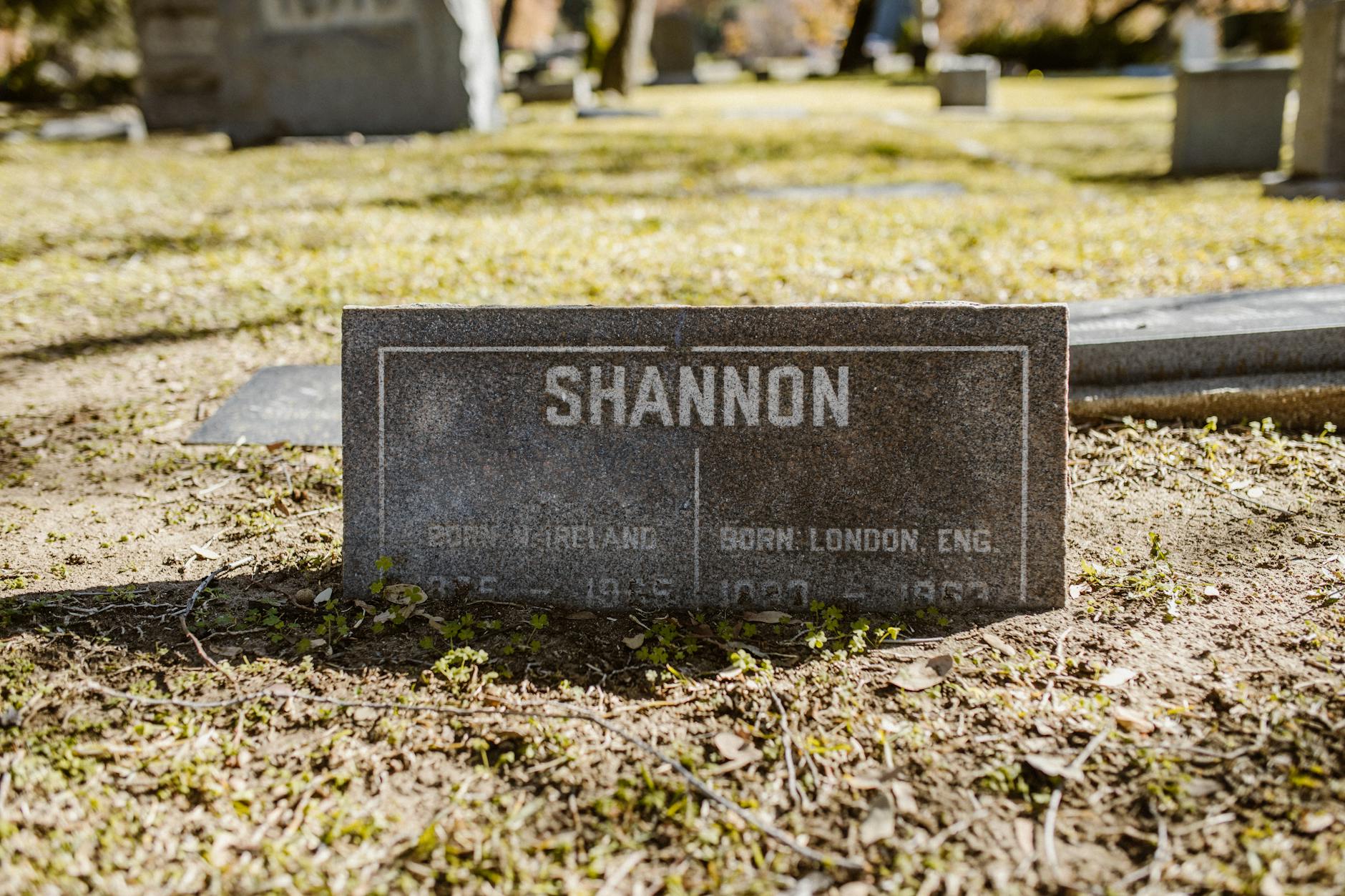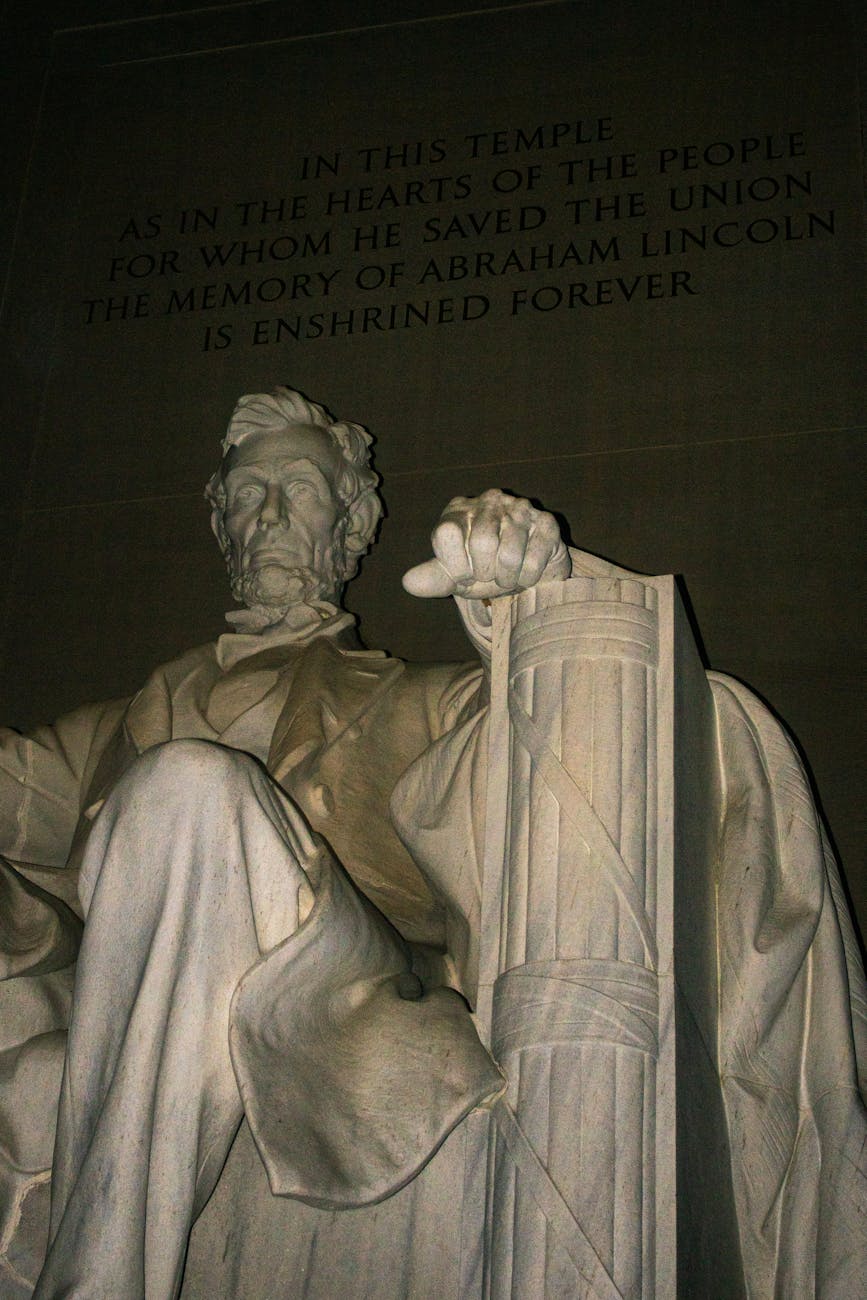Naming Conventions and Historical Legacies: Auteur’s Cautionary Tale
Filmmaker Vivek Agnihotri sparks debate on the significance of historical figures in contemporary naming practices.
Filmmaker Vivek Agnihotri, known for his recent work “The Vaccine War” and previously for “The Kashmir Files,” has once again entered the public discourse with comments that touch upon the intersection of history, personal choice, and societal impact. Ahead of the release of his upcoming film, “The Bengal Files,” Agnihotri has articulated his views on the naming of children, specifically referencing the historical figure Taimur. His remarks, delivered in the context of explaining the atrocities associated with the Turco-Mongol conqueror, have drawn attention to the broader implications of choosing names with significant historical weight.
A Brief Introduction On The Subject Matter That Is Relevant And Engaging
The act of naming a child is often considered one of the most intimate and significant decisions a parent makes. Beyond personal preference, names carry cultural, historical, and sometimes even political connotations. In many societies, names are chosen to honor family traditions, religious figures, or cultural heroes. However, the choice of a name can also inadvertently evoke the legacies of individuals whose actions are viewed with considerable controversy or condemnation. Filmmaker Vivek Agnihotri’s recent statements highlight this complex dynamic, urging parents to consider the historical context and potential impact of the names they bestow upon their children, particularly when those names are linked to figures associated with significant historical violence or oppression.
Background and Context To Help The Reader Understand What It Means For Who Is Affected
Vivek Agnihotri’s comments appear to be a direct response to the naming of Saif Ali Khan and Kareena Kapoor Khan’s first child, Taimur Ali Khan Pataudi, born in 2016. The name Taimur, referring to the Turco-Mongol conqueror Timur (also known as Tamerlane), who led devastating campaigns across Persia, Central Asia, and parts of India in the late 14th century, has been a subject of debate since the child’s birth. Critics of the name pointed to Taimur’s historical reputation for brutality, including massacres and destruction, arguing that naming a child after such a figure is insensitive and potentially glorifies a violent past.
Agnihotri, in his capacity as a filmmaker who often delves into historical narratives and societal issues, has articulated a strong stance against naming children after such historical figures. He emphasizes the atrocities committed by Taimur, suggesting that the name itself is inherently linked to violence and suffering. His remarks are framed within the context of his upcoming film, “The Bengal Files,” which is understood to explore historical events in Bengal, further underscoring his interest in the impact of historical memory and narratives.
In Depth Analysis Of The Broader Implications And Impact
The debate sparked by Agnihotri’s comments extends beyond a simple discussion of a celebrity couple’s choice of name. It touches upon several broader societal and cultural considerations. Firstly, it raises questions about collective memory and how historical figures are remembered and represented. When a historical figure is associated with immense violence, does bestowing their name upon a child, even without direct intent to associate with the violence, trivialize or normalize that history? Agnihotri’s perspective suggests that the weight of historical actions cannot be easily detached from a name, and that such choices carry an implicit message, intended or not.
Secondly, the discussion highlights the tension between individual freedom of expression and parental rights versus societal sensitivity and historical accountability. While parents have the right to choose their child’s name, the public nature of celebrity can amplify the impact of such choices, making them subjects of wider scrutiny. Agnihotri’s intervention can be seen as an attempt to inject a sense of responsibility into this process, particularly when the chosen name is linked to figures whose legacies are deeply problematic for significant portions of the population.
Furthermore, the filmmaker’s comments can be analyzed within the context of contemporary discussions surrounding historical revisionism and the narrative control of history. By drawing attention to Taimur’s violent past, Agnihotri is actively engaging with a historical narrative and asserting his interpretation of its significance. This aligns with a broader trend in cultural and political discourse where historical legacies are constantly being re-examined and debated, with implications for national identity and historical consciousness.
The impact of such discussions can be far-reaching. For parents considering names with historical connections, it prompts a deeper reflection on the implications. For the public, it can foster a greater awareness of how historical figures and events continue to resonate in contemporary society. It also opens avenues for dialogue about how societies choose to remember and memorialize their past, particularly the difficult and violent chapters.
Key Takeaways
- Filmmaker Vivek Agnihotri has voiced his opinion against naming children after historical figures associated with violence, citing Taimur as an example.
- His comments are linked to the naming of Saif Ali Khan and Kareena Kapoor Khan’s son, Taimur Ali Khan Pataudi.
- The debate touches upon the significance of historical context in personal naming choices.
- It raises questions about collective memory, historical accountability, and the balance between individual freedom and societal sensitivity.
- Agnihotri’s stance aligns with broader contemporary discussions on historical narratives and their impact.
What To Expect As A Result And Why It Matters
It is unlikely that Agnihotri’s comments will lead to a widespread ban or formal regulation on naming conventions. However, they are expected to contribute to an ongoing public conversation about the choices parents make and their potential implications. For celebrities and public figures, such public scrutiny highlights the responsibility that comes with their platform, where their personal choices can often be interpreted as endorsements or statements on broader issues.
The matter matters because it encourages a more conscious engagement with history. By prompting reflection on the names we choose, it pushes individuals and society to consider how we carry forward and represent the past. It underscores the idea that names are not merely labels but can be carriers of significant cultural and historical weight, influencing perceptions and sparking dialogues about heritage and identity.
Advice and Alerts
For individuals considering naming their child after a historical figure, it is advisable to conduct thorough research into the figure’s life, actions, and the historical context surrounding them. Understanding the various interpretations and controversies associated with the name can help in making an informed decision that aligns with personal values and societal sensitivities. It is also prudent to consider how the name might be perceived by others and the potential conversations or reactions it might evoke. Ultimately, the choice of a name is personal, but an awareness of its historical baggage can lead to more thoughtful and impactful decisions.
Annotations Featuring Links To Various Official References Regarding The Information Provided
- Information on Timur (Tamerlane) and his historical impact can be found on reputable encyclopedic sources. For instance, a general overview of his life and conquests can be accessed via resources like Britannica.
- Discussions and news reports surrounding the naming of Taimur Ali Khan Pataudi by Saif Ali Khan and Kareena Kapoor Khan were widely covered by various media outlets. For example, reports from the time can be found through searches on major news archives.
- Vivek Agnihotri’s filmography and directorial work, including “The Kashmir Files” and discussions around his upcoming projects, can be referenced from film industry databases and news sources that cover Bollywood.











